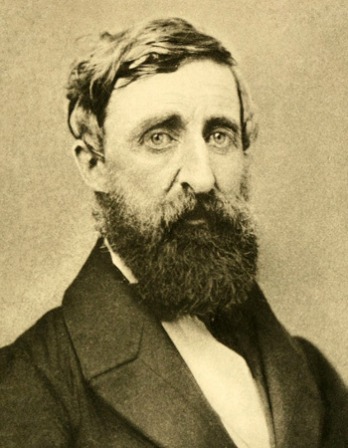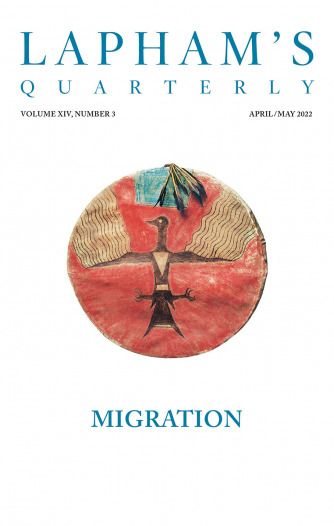The time is not remote, when I
Must by the course of nature die:
When I foresee my special friends,
Will try to find their private ends:
Though it is hardly understood,
Which way my death can do them good.
Yet, thus methinks, I hear ’em speak;
See, how the dean begins to break:
Poor gentleman, he droops apace,
You plainly find it in his face:
That old vertigo in his head,
Will never leave him till he’s dead:
Besides, his memory decays,
He recollects not what he says;
He cannot call his friends to mind;
Forgets the place where last he dined:
Plies you with stories o’er and o’er,
He told them fifty times before.
How does he fancy we can sit,
To hear his out-of-fashioned wit?
But he takes up with younger folks,
Who for his wine will bear his jokes:
Faith, he must make his stories shorter,
Or change his comrades once a quarter:
In half the time, he talks them round;
There must another set be found.
For poetry, he’s past his prime,
He takes an hour to find a rhyme:
His fire is out, his wit decayed,
His fancy sunk, his muse a jade.
I’d have him throw away his pen;
But there’s no talking to some men.
And then their tenderness appears,
By adding largely to my years:
“He’s older than he would be reckoned
And well remembers Charles the Second.
“He hardly drinks a pint of wine;
And that, I doubt, is no good sign.
His stomach too begins to fail:
Last year we thought him strong and hale;
But now, he’s quite another thing;
I wish he may hold out till spring.”
Then hug themselves, and reason thus;
“It is not yet so bad with us.”
In such a case they talk in tropes,
And by their fears express their hopes:
Some great misfortune to portend,
No enemy can match a friend;
With all the kindness they profess,
The merit of a lucky guess,
(When daily “how-d’ye’s” come of course,
And servants answer, “Worse and worse”)
Would please ’em better than to tell,
That, God be praised, the dean is well.
Then he who prophesied the best,
Approves his foresight to the rest:
“You know, I always feared the worst,
And often told you so at first.”
He’d rather choose that I should die,
Than his prediction prove a lie.
Not one foretells I shall recover;
But, all agree, to give me over.
From “Verses on the Death of Dr. Swift.” In late 1731 Swift mentioned his writing of this poem to his friends Alexander Pope and John Gay, describing it to the latter as “on a pleasant subject, only to tell what my friends and enemies will say on me after I am dead.” One couplet of the poem reads, “Poor Pope will grieve a month, and Gay/A week, and Arbuthnot a day.” Having been ordained an Anglican priest in 1695 at the age of twenty-seven, Swift published A Tale of a Tub in 1704, Gulliver’s Travels in 1726, and A Modest Proposal in 1729. He died in 1745 at the age of seventy-seven.
Back to Issue




